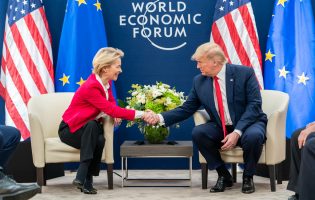
The G7 Summit, Plus or Minus
While the G7 economies today account for only 30 percent of global GDP, they remain a decent proxy for what can still be called the “West” in geopolitical terms. Or …

More Growth Through Less Red Tape
The United States of America is in a much better economic position than the countries of the European Union. This is not only reflected in the corporate structure, with the …
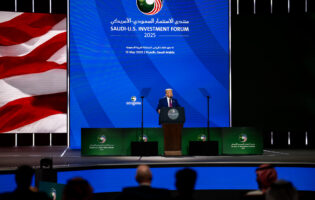
Role Reversal
The Trump Geoeconomic Approach Imitates Merkel The first three months of the Trump administration have seen what could be called the Germanization of U.S. foreign policy. Trump has taken on …

Operation Plan Germany
Defense Is More Than Tanks and Drones Roughly a year ago, the German government took a significant step in the realm of homeland defense by adopting the classified “Operationsplan Deutschland” …
Recent Authors
AGI provides knowledge, insights, and networks as tools to solve the challenges ahead.
Support Our WorkEpisode 127: A New Normal in Transatlantic Trade?
President Trump claims the international trading system is unfair to the United States. The Trump administration is seeking to rectify trade imbalances through tariffs and is trying to reshape the …
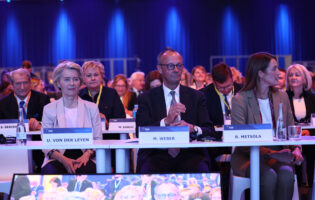
The Schuman Plan at 75 and the EU’s Global Role
On May 9, the European Union marked the seventy-fifth anniversary of the Schuman Plan, the project to create a European Coal and Steel Community (ECSC) among six countries that was …
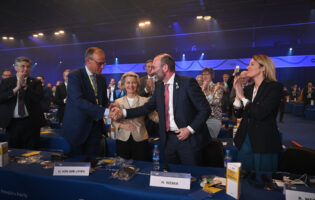
Germany’s European Chancellor
Many Germans are expressing buyers’ remorse. Coalition talks with the Social Democrats have successfully concluded, yet so far the head of the German Christian Democrats, Friedrich Merz, has failed to …
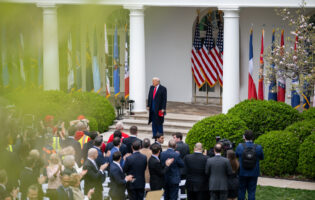
Trade Policy: Is It Foreign or Domestic?
On April 2, President Trump announced a major action “Regulating Imports with a Reciprocal Tariff” as a response to “large and persistent” U.S. trade deficits that the administration believes are …
Episode 124: Tariffs, Taxes, and Their International Ramifications
The Trump administration has taken sweeping actions on tariffs, with more scheduled to be imposed in April. On this episode of The Zeitgeist, Kim Clausing explains the administration’s approach to …

Europe Realizes That It Is Overregulating AI
The recent AI summit in Paris (February 10 to 11) was deemed a success by many participants, although U.S. Vice President JD Vance strongly criticized the EU’s “excessive regulation” in …

After the Elections, A Sense of Urgency in Berlin
The leader of the German Christian Democrats (CDU), Friedrich Merz, has hit the ground running. International developments, in particular the impact of the recent rapprochement between U.S. President Donald Trump …




